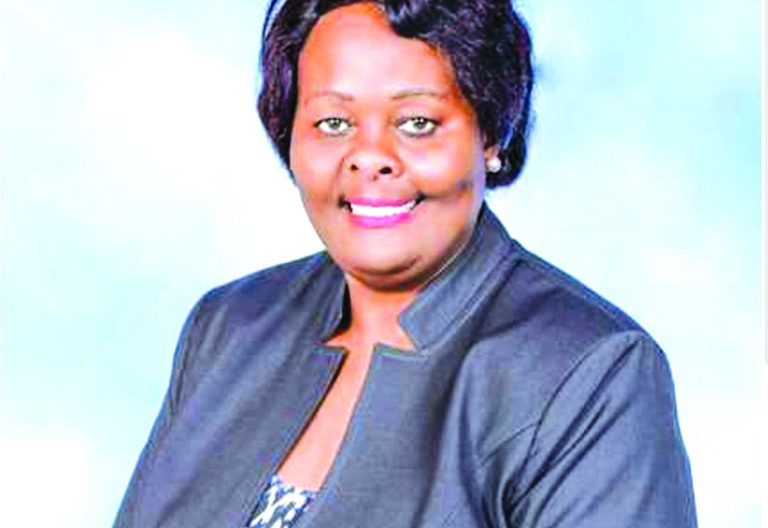Bad loans hit Sh373b as banks restructure credit

Lewis Njoka @LewisNjoka
A surge in bad loans wrought by Covid-19 shocks saw banking sector non-performing loans (NPLs) soar to Sh372.6 billion in April leading to restructuring, the Central Bank of Kenya (CBK) has announced.
The stock, which represents 13.1 per cent of the sector’s total gross loan book of Sh2.8 trillion, was an increase from the 12.5 per cent reported in March.
To reverse the trend, banks have resorted to restructuring loans to cushion distressed borrowers battling the adverse effects of Covid-19 on businesses.
According to CBK, as at the end of April, banks had restructured Sh273.1 billion worth of loans equivalent to 9.6 per cent of existing industry loan book.
Leading banks
By the end of April, 39,725 personal and household loan accounts worth Sh102.5 billion had been extended representing 3.6 per cent of the industry’s total loan book.
Additionally, loans worth Sh170.6 billion from another 10 sectors were restructured representing 5.95 per cent of the total loan book as at April.
KCB leads the pack having restructured loan facilities worth more than Sh115.1 billion while Equity has restructured Sh92 billion worth of loans equivalent to about 25 per cent of its net loans at the end of last year.
Similarly, NCBA group has restructured loans worth Sh35 billion since the start of the coronavirus pandemic while Standard Chartered Bank and ABSA Kenya have restructured more than Sh16 billion combined.
CBK notes that the sectors most affected by the move include trade, agriculture, manufacturing, building, mining, energy, water and financial services among others.
Real estate
Trade sector recorded the highest number of loans restructured accounting for 26.3 per cent followed by real estate at 18.6 per cent.
Tourism and hotels and manufacturing sectors accounted for 13 per cent of the loans restructured.
“Twenty-six out of 39 banks extended personal and household loans in April, an increase from 13 banks in March 2020. Thirty-two out of 39 banks restructured loans in the other 10 sectors,” said CBK.
Requests for extension of personal loans and restructuring of other sectors’ obligations are expected to rise in the near future.
For the last three months, banking sector bad loans have been on a steady rise jumping from 12 per cent in February to 13.1 in March.
Samuel Nyandemo, a senior economics lecturer at the University of Nairobi observes that few people want to borrow in the current situation as business returns are low.
“Borrowing is getting a bit complicated. There are a lot of uncertainties about returning into business right now. Servicing the loans is a nightmare,” he said.
Earnings from lending could reduce significantly this year following the move by banks to defer interest on loans, among other changes.















